Did you know that every minute you spend chatting, reading or playing with your child helps them develop the skills they need to communicate and make friends? That’s because interacting with them in a positive way helps their wee brains light up and make connections. Here’s how.
The science bit
How does a simple thing like chatting, reading or playing with your child help boost their thinking, learning and communication skills? Believe it or not, every time you do this, an area in their brain lights up like a bulb. As you’re chatting with them, more areas of the brain light up as they discover new ideas they haven’t thought about before. New connections then form between these lit up areas in their brain, linking them together like a string of fairy lights. These ‘strings of lights’ form patterns, which help your child learn, remember and think in an organised way.
Another way of thinking about it, is to imagine you and your child playing tennis. If your child ‘serves’ you a question or comment and you ‘return’ it with an answer or another comment, you’ll start to create a ‘rally’. The longer you can keep the ‘rally’ (or conversation) going, the more your child’s skills will be strengthened, just as practising tennis makes you better at the game. So the more you chat and play together, the stronger their skills are likely to get.
Win win!
When you chat, play and read with your wee one, you’re not just helping boost their speech and language skills. By giving them something to focus on, these things can also create some calm during stressful moments, like tea time and bedtime, making daily life just that bit easier – and who doesn’t need that? Plus every time you interact with them in a positive way, you’re also strengthening your bond with them.
In this short video, educational psychologist James McTaggart explains how chatting, playing and reading with your child helps their brain development. In the video, James mentions the Book Trust's resources. You can find out more about the resources available from the Scottish Book Trust here.
What can I expect my child to be saying at this stage?
All children are different, and their speech and language will develop at different rates. Some will be chattering away from an early age, while others will take longer to become verbal.
3-4 year olds
Learning to talk is hard and children all develop at their own pace. However, here are some things they usually start doing around this age, to help guide you. They can:
- listen to short stories and answer questions about a picture book they’ve just looked at
- use words to describe things (like colours, numbers and time)
- begin to answer questions about ‘why’ something happened, in a simplified way
- use longer sentences and link sentences together
- describe events that happened in the past, although they may get their words a bit mixed up, for example they might say ‘we goed swim’
- enjoy games that involve make-believe and pretending
- ask lots of questions using words like ‘what’ ‘where’ and (every parents’ favourite) ‘why’
- still make mistakes with tense, like saying 'runned' instead of ‘ran’ and 'swimmed' instead of ‘swam’
- still be learning to say some sounds – for example r, w, l, f, th, sh, ch and j
- start to be able to plan games with others.
4-5 year olds
At this age, children are acquiring the skills they’ll need in school: how to listen, learn and understand. Again, all children develop at different rates so this is just a guide, but around this age they can usually:
- understand spoken instructions without stopping what they’re doing to look at you
- choose their own friends and playmates
- take turns in much longer conversations
- understand more complicated words such as ‘first’ and ‘last’, ‘might’, ‘maybe’, ‘above’ and ‘in between’
- understand words that describe sequences such as ‘first we are going to see grandma, next we will play in the park’
- use sentences that are well formed. However, they may still have some difficulties with grammar, for example, saying ‘sheeps’ instead of ‘sheep’ or ‘goed’ instead of ‘went’
- think more about the meanings of words, such as describing the meaning of simple words or asking what a new word means
- use most, but not all, sounds effectively. They may still have some trouble with longer or more complex difficult words like ‘scribble’ or ‘elephant’, but lots of children repeat sounds or hesitate over their speech when they’re learning to talk. This is a normal part of what’s known as the ‘non-fluent’ phase your child’s going through at this age.
You can find out more about what’s typical for children at each age and stage on the Speech and Language UK website. You can also find answers to frequently asked questions about speech and language development on the Tiny Happy People website.
What can I do to help my child with their speech and language?
Simple things you can do every day with your child, like chatting, playing and reading together, can all help your wee one develop the skills. In this video, speech and language therapist Sharon Smith talks about the little things parents can do to help their child's communication, and you can find more tips in our pages on chatting with your child, playing games and reading together.
What if I have twins, triplets or more?
Occasionally twins, triplets and more ('multiples') can take a wee bit longer than single children for their language to develop. If this is the case for your multiples, the Twins Trust have lots of tips to help, including:
- spending some time talking to each child separately
- looking at books with each child individually (for example, the books in their Bookbug bags)
- trying not to let one child answer for the other(s) all the time.
Spending time with each child individually is great for your wee ones’ development, but it can be tricky, especially if you’re a single parent.
- If you share parenting, try doing a swap with your partner, so maybe you spend some quiet time reading and chatting with one child while they take the other(s) to the park or shops.
- Or you could try asking a family member or friend if they could spend some time with your other child(ren) while you focus on one. You may well find they’ll be happy to help – and your other child(ren) will probably enjoy having some special time with their auntie, uncle or grandparent too.
- If you can manage it, you could even try putting them in nursery on different days.
You can find more tips and advice on what to do if you have any concerns about your children’s speech development on the Twins Trust website.
What should I do if I’m worried?
Learning to talk is tricky and some children find it harder than others. If you’re concerned about your child’s speech and language, talk to your health visitor. They may be able to provide reassurance that there is nothing to worry about. Or they may be able to advise things you can try to help. If required, they’ll be able to explore with you what speech and language therapy in your area can offer.
 Activities & Play
Activities & Play Behaviour
Behaviour Childcare
Childcare Development & Growing Up
Development & Growing Up Family, Friends & Relationships
Family, Friends & Relationships Feeding Your Baby
Feeding Your Baby Food & Eating
Food & Eating Health & Safety
Health & Safety Mental Health & Wellbeing
Mental Health & Wellbeing Money & Work
Money & Work Online Behaviour & Safety
Online Behaviour & Safety Pregnancy & First Days
Pregnancy & First Days School & Education
School & Education Sleep
Sleep

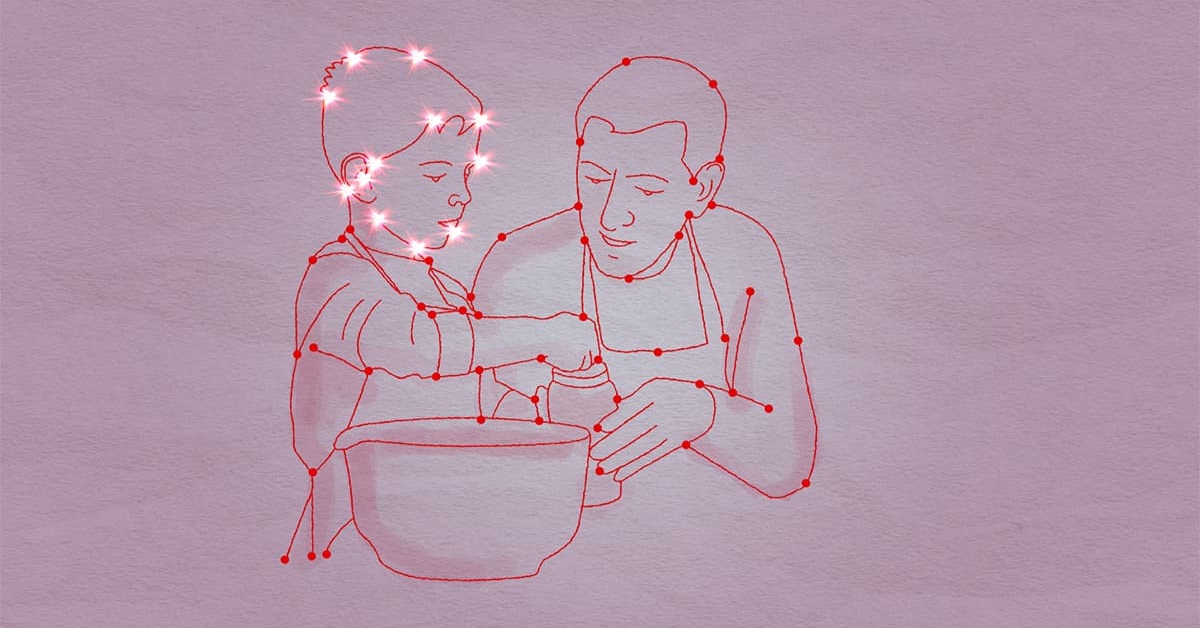
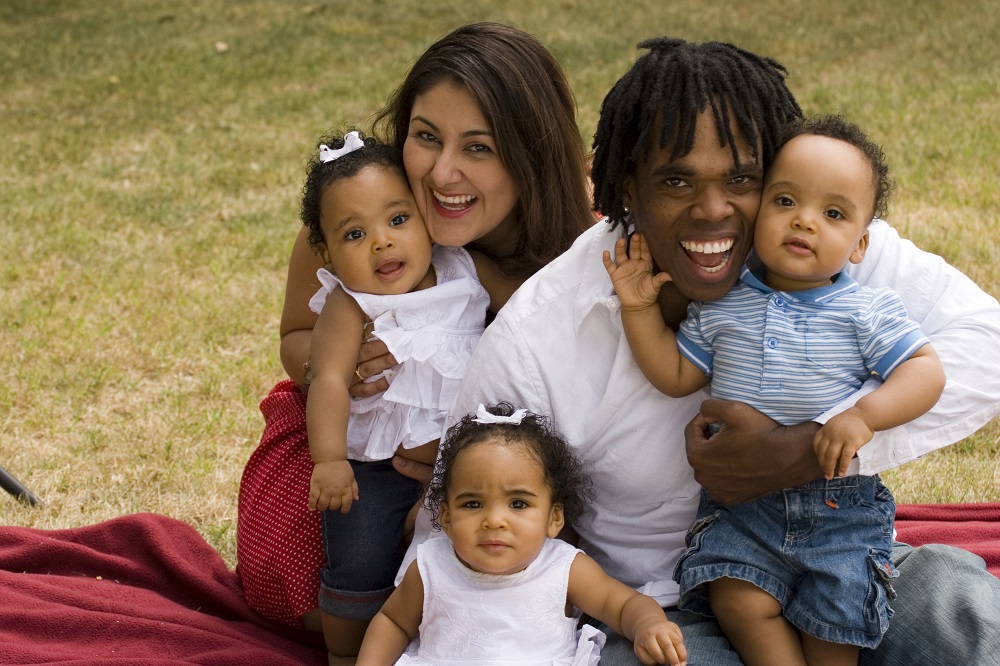
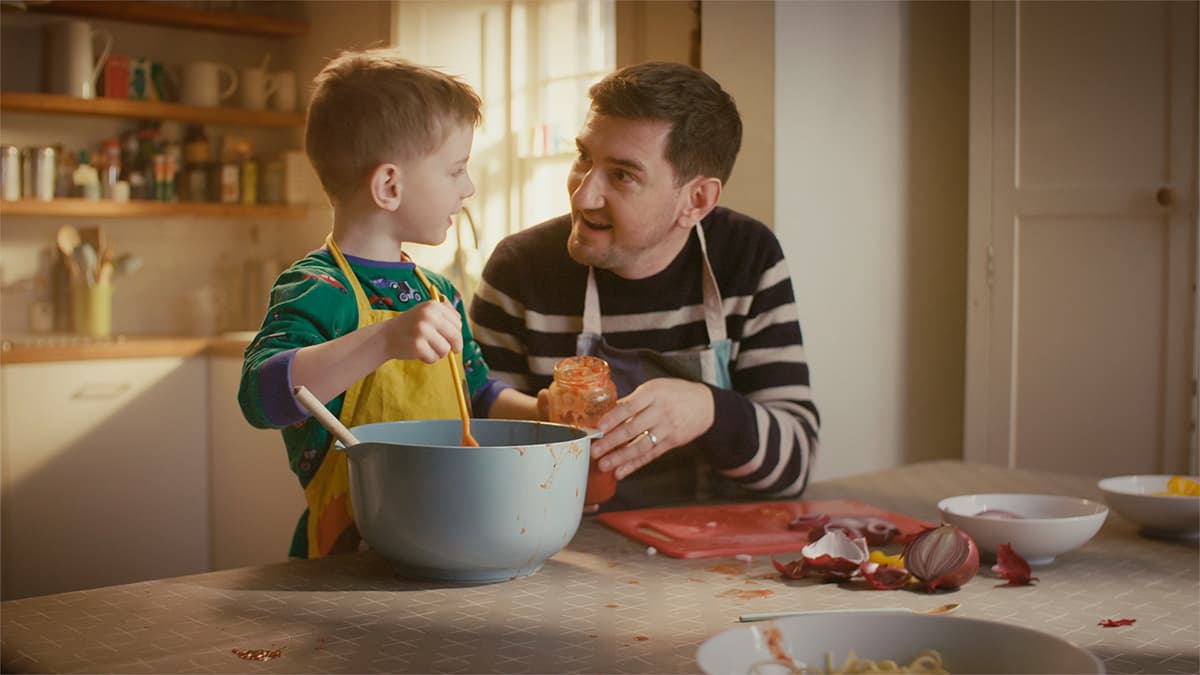
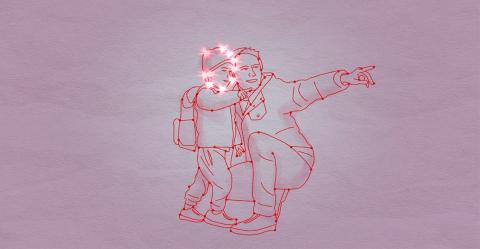
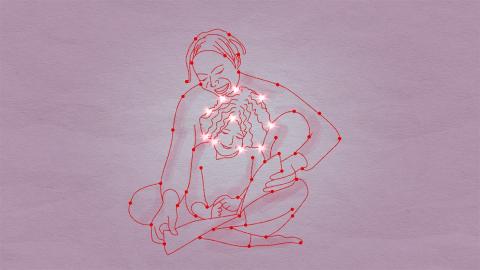
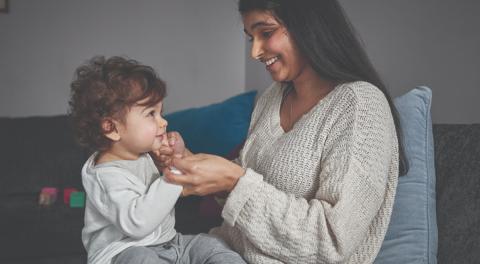

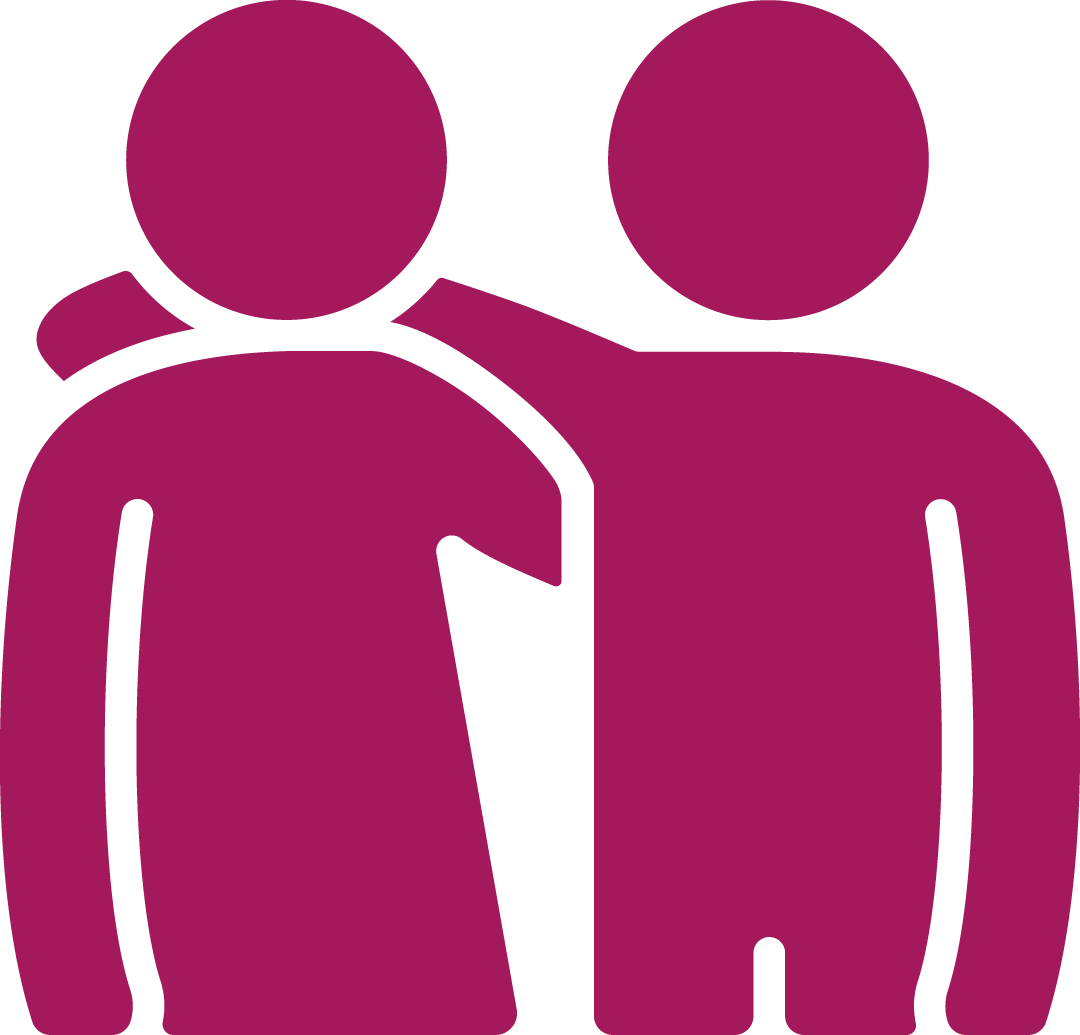 Family, Friends & Relationships
Family, Friends & Relationships
 Mental Health & Wellbeing
Mental Health & Wellbeing